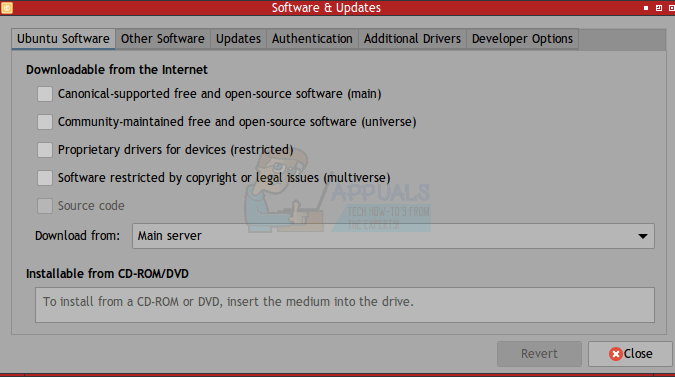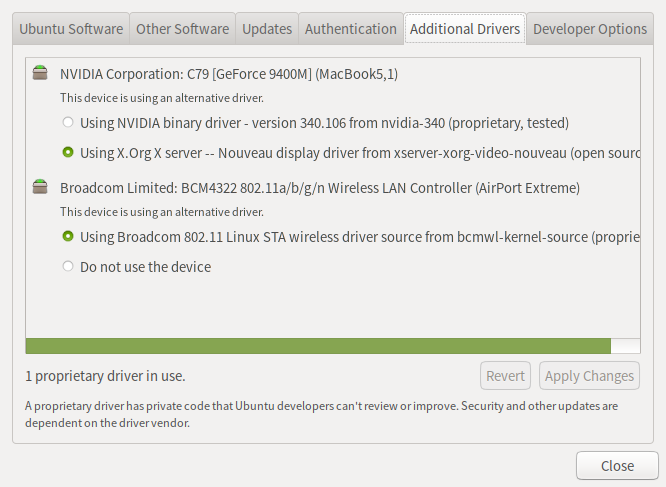The kernel offers a wide variety of interfaces to support the developmentof device drivers. This document is an only somewhat organized collectionof some of those interfaces — it will hopefully get better over time! Theavailable subsections can be seen below.
- Drivers Linux Developer Community Network & Wireless Cards Download
- Drivers Linux Developer Community Network & Wireless Cards Free
- Drivers Linux Developer Community Network & Wireless Cards Online
Table of contents


- Driver Model
- Driver Basics
- Device drivers infrastructure
- ioctl based interfaces
- Early Userspace
- CPU and Device Power Management
- The Common Clk Framework
- Bus-Independent Device Accesses
- Buffer Sharing and Synchronization
- Device links
- Component Helper for Aggregate Drivers
- Message-based devices
- InfiniBand and Remote DMA (RDMA) Interfaces
- Frame Buffer Library
- Voltage and current regulator API
- Reset controller API
- Industrial I/O
- Input Subsystem
- Linux USB API
- Firewire (IEEE 1394) driver Interface Guide
- The Linux PCI driver implementer’s API guide
- IPMB Driver for a Satellite MC
- The Linux IPMI Driver
- I3C subsystem
- Generic System Interconnect Subsystem
- Device Frequency Scaling
- High Speed Synchronous Serial Interface (HSI)
- Error Detection And Correction (EDAC) Devices
- SCSI Interfaces Guide
- libATA Developer’s Guide
- target and iSCSI Interfaces Guide
- The Common Mailbox Framework
- MTD NAND Driver Programming Interface
- Intel(R) Management Engine Interface (Intel(R) MEI)
- Memory Technology Device (MTD)
- MMC/SD/SDIO card support
- Non-Volatile Memory Device (NVDIMM)
- W1: Dallas’ 1-wire bus
- The Linux RapidIO Subsystem
- Writing s390 channel device drivers
- VME Device Drivers
- Linux 802.11 Driver Developer’s Guide
- The Userspace I/O HOWTO
- Linux Firmware API
- PINCTRL (PIN CONTROL) subsystem
- General Purpose Input/Output (GPIO)
- RAID
- Media subsystem kernel internal API
- Near Field Communication
- DMAEngine documentation
- Linux kernel SLIMbus support
- SoundWire Documentation
- Thermal
- FPGA Subsystem
- ACPI Support
- Auxiliary Bus
- Kernel driver lp855x
- Kernel Connector
- Console Drivers
- Dell Systems Management Base Driver
- EISA bus support
- ISA Plug & Play support by Jaroslav Kysela <perex@suse.cz>
- The io_mapping functions
- Generic Counter Interface
- Memory Controller drivers
- MEN Chameleon Bus
- NTB Drivers
- NVMEM Subsystem
- PARPORT interface documentation
- PPS - Pulse Per Second
- PTP hardware clock infrastructure for Linux
- Generic PHY Framework
- Pulse Width Modulation (PWM) interface
- PLDM Firmware Flash Update Library
- Overview of the
pldmfwlibrary - rfkill - RF kill switch support
- Support for Serial devices
- SM501 Driver
- Linux Switchtec Support
- Sync File API Guide
- VFIO Mediated devices
- VFIO - “Virtual Function I/O”
- Xilinx FPGA
- Xillybus driver for generic FPGA interface
- Writing Device Drivers for Zorro Devices
Drivers Linux Developer Community Network & Wireless Cards Download


Drivers Linux Developer Community Network & Wireless Cards Free
SocketCAN - Controller Area Network; The UCAN Protocol; Hardware Device Drivers; Distributed Switch Architecture; Linux Devlink Documentation; CAIF; Netlink interface for ethtool; IEEE 802.15.4 Developer’s Guide; J1939 Documentation; Linux Networking and Network Devices APIs; MSGZEROCOPY; FAILOVER; Net DIM - Generic Network Dynamic Interrupt. That means using Linux as my daily driver but relying on macOS to make music (for now), and Windows 10 for that small handful of games I adore.
Drivers Linux Developer Community Network & Wireless Cards Online
Different PMDs may require different kernel drivers in order to work properly. Depends on the PMD being used, a corresponding kernel driver should be load and bind to the network ports. Under Linux use the file /proc/modules shows what kernel modules (drivers) are currently loaded into memory. Lsmod command You need to use lsmod command to show the status of modules in the Linux Kernel.
